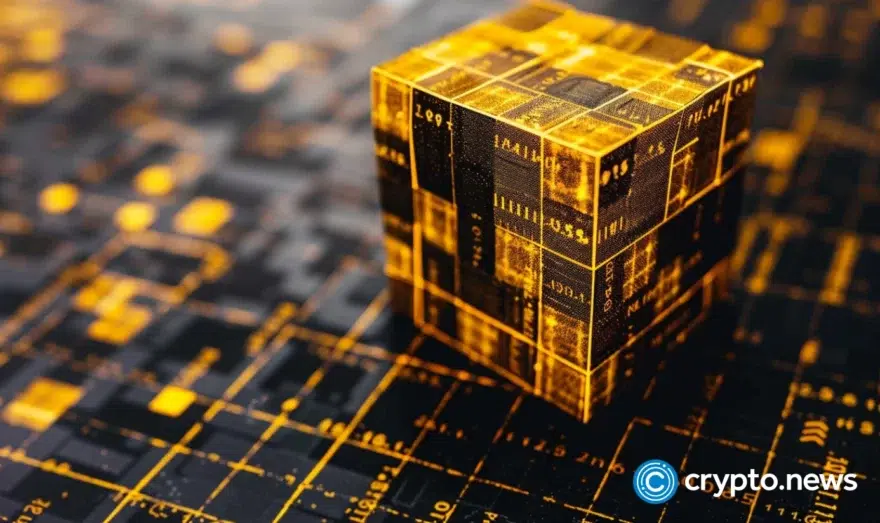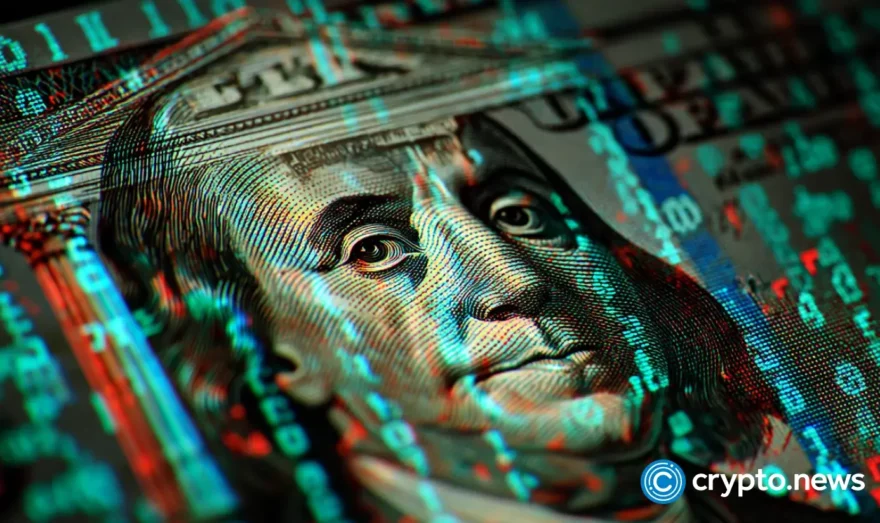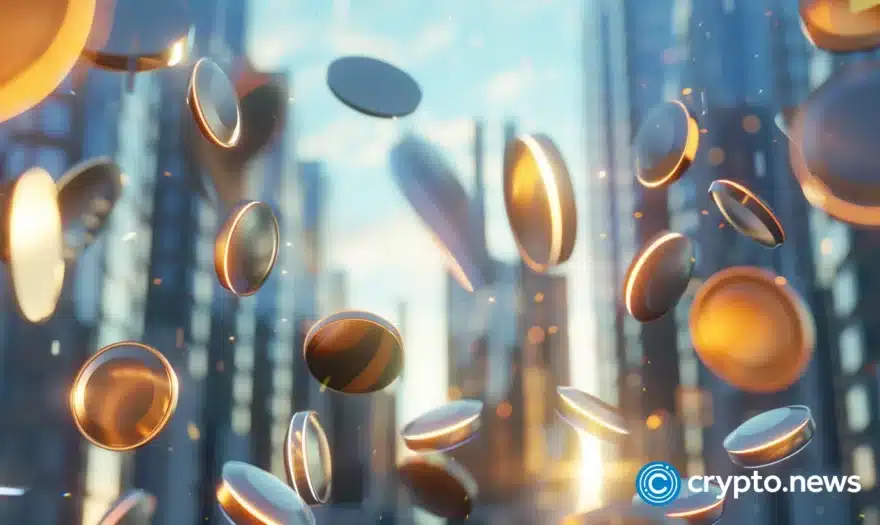How The Blockchain Could Change The Art Market

The art market is widely considered as the last unregulated market. While this lack of transparency makes the art trade alluring and lucrative for some investors, it causes more harm than good for the art world.
Challenges in the Art Market
A major issue in the art market is forgery, as witnessed by the recent scandal involving German forger Wolfgang Beltracchi who managed to forge several 20th-century masters. His forgeries ended up getting sold by the prestigious auction houses Sotheby’s and Christie’s for millions of dollars, only to turn out to be worthless.
A further challenge for the art market is provenance. Given the lack of transparency in the art market, it is hard to trace who bought what pieces of art, where it is currently held and to identify who is the rightful owner of the artwork is.
Moreover, as the art market is regularly used for money laundering purposes, there are several stakeholders who would like to see a more regulated and transparent art market.
Blockchain Technology could be the Ideal Solution
The art market’s main challenges are attributed to its opaque and unregulated nature. However, by using blockchain technology to publicly record ownership and verification of authenticity of each piece of art, all of the key issues that the art market faces could effectively be alleviated.
If a public ledger for all pieces of art would be created, each artwork could be authenticated by various experts and then verified to be original. This could then be recorded on a blockchain-based ledger, thereby drastically reducing the risk of forgeries entering the market.
Furthermore, the rightful owner of each piece of art that exchanges hands could also be recorded on the ledger. This would not only create more liquidity in the art market but also make it more accessible to new entrants who would like to invest in art.
Perhaps the biggest issue in the art market is that criminals enter it to launder money. If each piece of art would be recorded against its rightful owner with its current market value estimate, it would be very hard for criminals to purchase art and artificially inflate the price for money laundering purposes.
Blockchain Startups Aiming to Disrupt the Art Market
The potential positive impact blockchain technology could have on the art market has already been recognized by several tech startups. The Berlin-based startup Ascribe, for example, has built a platform for digital artists to upload their work, secure its attribution and sell it. Over 5,000 artists and dozens of organizations currently use the platform, according to its co-founder Masha McConaghy.
There is also the Silicon Valley-based startup Blockai, which aims to democratize access to copyright protection for artists. Blockai’s platform allows artists to claim copyright on their work and identifies if, and where, their work is being used online.
Verisart is another blockchain startup active in the art market. Robert Norton, the former CEO of Sedition and Saatchi Online, founded Verisart in 2015. The L.A.-based startup aims to leverage the blockchain technology to assign certificates of authenticity to works of art.
Whether the art world will end up embracing blockchain technology or not remains to be seen. The benefits the blockchain could bring to the art world, however, are undisputed.












